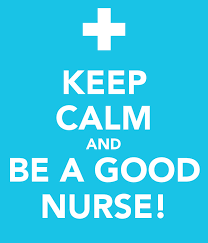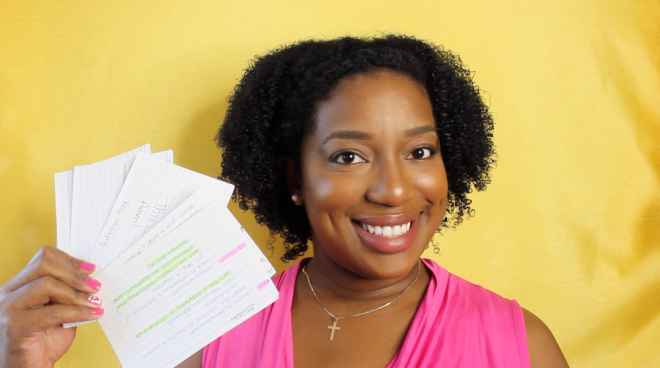What is the the Definition of a Good Nurse?
Now let me give you my definition of a Nurse: A nurse is an individual who works towards providing great patient care and customer service. The goal as a nurse should be to help the patient return to optimal health.
A Good Nurse is one that goes above and beyond. No, I didn’t say that phrase to sound fancy. But what I meant is that this nurse is willing to go into work each shift and work towards making his/her patients hospital stay as pleasant and comfortable as can be. This nurse will make sure to cater to his/her patients needs, providing quality time to just talk to the patients and their family members. A good nurse isn’t looking at the dollar signs that come with the career, or the beauty of having the title “Nurse” but rather, they are looking at how they can touch or inspire their patients to keep pushing for the next day.
As a repeat NCLEX taker, I struggled with that term. It can have a negative connotation. It can make you, as it did for myself, feel inferior, and incompetent. I feared that by being a repeat tester, I would be solely identified as such. I later learned that it doesn’t really matter. Did you read that correctly? I hope you did!! It doesn’t really matter.
Just because you didn’t pass your NCLEX exam on the first or second try, doesn’t mean that you aren’t a great nurse. If you passed your exam on the first try, doesn’t automatically define you as a great nurse either.
It doesn’t matter how many times you took your NCLEX, just as long as you developed the skills that the NCLEX exam makers wanted you to obtain and utilize those skills on the job. It doesn’t matter how long it took you to pass your exam. If you kept trying then I believe that that qualifies you as the real MVP. You did it! You didn’t give up on your dreams and for that, you are already a great nurse.
Today, I can stand tall, despite any current struggles, realizing that I am a great nurse. I didn’t give up on my dreams. I worked hard towards passing my NCLEX exam. It didn’t come easy for me. I had to literally work so hard. (Not because I am less than intelligent, but because I wanted to make sure that I knew my material well enough to be a competent nurse).
I know that I am a great nurse because I have my story to tell all about my journey just to get to this point. The struggle was and is still real. But Life is filled with struggles. You just have to remain calm and focus on overcoming them with strength and perseverance.
You are a great nurse if you kept going throughout the setbacks, the tears, the embarrassment and struggles. Now my question to you, is do you believe that? You have a story to tell and with that story you will inspire and help others.
If you liked this post and can relate to anything mentioned. Please join me today by clicking the Follow Button. Like this post and be sure to stay up to date with me on all my social media sites listed below. I would love to see you there too.

More Places to Find Me:
Emails:
(Business Inquiries/Product Reviews): FearlessRN.biz@gmail.com
Ask Questions/Advice: AskFearlessRN@gmail.com
BLOG:https://fearlessrn.wordpress.com/
Instagram: https://www.instagram.com/fearless_RN/
Twitter: https://twitter.com/Fearless_RN
Facebook: https://www.facebook.com/FearlessRN/
Pinterest: https://www.pinterest.com/fearlessrn/
SNAPCHAT: FEARLESS_RN
PERISCOPE: FEARLESS_RN
YOUTUBE: http://www.youtube.com/c/FearlessRN111
Google + : FEARLESS_RN


 Hey guys, if you are anything like me, pharmacology was extremely difficult to study and apply when it came to nursing school/NCLEX exam. NCLEX exam loves to give questions on Pharmacology because it is very important. Will acknowledging its importance, it made me develop anxiety whenever I would see a Drug in a question.
Hey guys, if you are anything like me, pharmacology was extremely difficult to study and apply when it came to nursing school/NCLEX exam. NCLEX exam loves to give questions on Pharmacology because it is very important. Will acknowledging its importance, it made me develop anxiety whenever I would see a Drug in a question.






